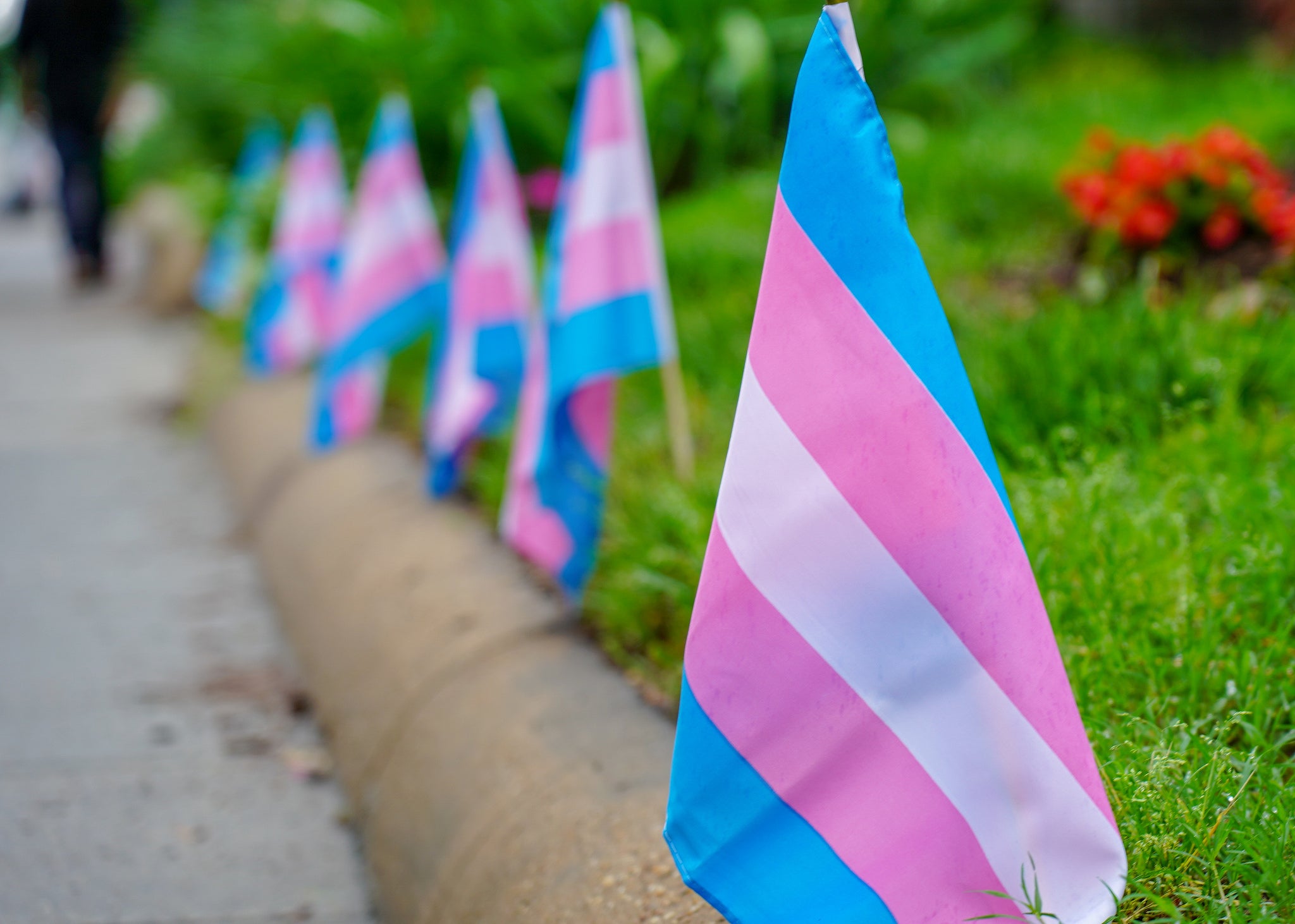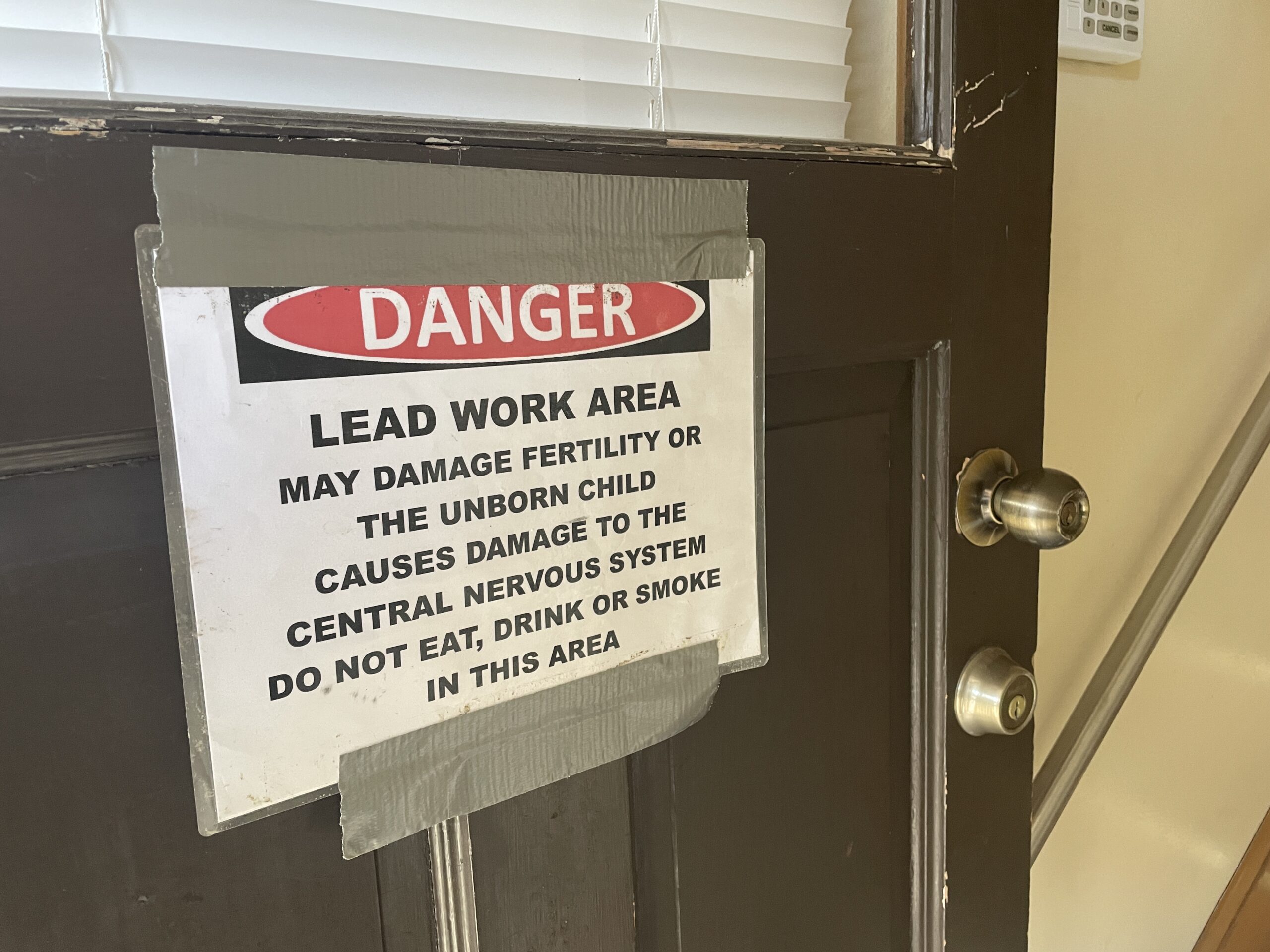The ACLU of Wisconsin filed records requests with six school districts on Wednesday, following book bans and challenges to reading materials largely targeting books with LGBTQ+ and racial themes.
In letters to Menomonee Falls, Howard-Suamico, Waukesha, Elmbrook, Elkhorn, and Kenosha Unified school districts, the ACLU said removing books from school libraries threatens the First Amendment rights of students and their families.
The six school district administrators and school boards have handled requests by parents and community members to censor materials differently.
News with a little more humanity
WPR’s “Wisconsin Today” newsletter keeps you connected to the state you love without feeling overwhelmed. No paywall. No agenda. No corporate filter.
In Menomonee Falls, the school district banned 33 titles. The decision prompted one of the banned authors, Jodi Picoult, to reach out to the school district for an explanation.
Picoult told WPR she did not get a response from the district.
Meanwhile, after one parent requested 444 books be banned from the Elkhorn Area School District, the district has decided to review its book banning policy.
Superintendent Jason Tadlock said the books should not be taken out of circulation while being reviewed.
According to a public list kept by the Waukesha School District, eight books have been removed from the library since the 2021-22 school year.
Howard-Suamico School District has removed 32 books from school libraries in recent years, according to an open records request by the Green Bay Press Gazette.
Elmbrook schools removed seven books and Kenosha schools have banned four, according to recording by the Wisconsin Examiner.
Tim Muth, interim legal director of the ACLU of Wisconsin, said citizen groups from different school districts have asked the ACLU to look further into who is behind these book banning requests.
“As the Elkhorn example shows, this isn’t going away,” Muth said. “We wanted to get directly from the school districts who is prompting them for these book removals and, as much as we can, try to figure out the actual motivations about the actual titles being removed from the shelves.”
The U.S. Supreme Court held over 40 years ago that local school boards may not remove books from school library shelves simply because they dislike the ideas contained in those books, the ACLU letter to school district states.
“Book banning has historically been used to marginalize underrepresented and disempowered voices and communities,” the letter states. “We are particularly troubled by the dangerous anti- LGBTQ+ rhetoric accompanying much of the recent book-banning advocacy.”
The country started to see a surge in efforts to ban books in schools and public libraries in 2021, particularly with restrictions on books containing LGBTQ+ and racial content.
There were 3,362 school book bans last year, including 43 in Wisconsin, according to the nonprofit PEN America.
Muth said for LGTBQ+ youth isolated at home, in school and in their community, access to information in books and literature can be a refuge and, in some cases, lifesaving.
Of the 1,800 students at 43 Wisconsin public, charter and alternative schools who completed the most recent Youth Risk Behavior Study in 2021, more than half said they struggled with significant anxiety, the largest percentage since that question was added in 2017.
Over a third of the students surveyed reported suffering depression in 2021, the highest level since 1999. And 18 percent of students said they had considered suicide.
When LGBTQ+ students were asked, that number jumped to 48 percent. Twenty-two percent of LGBTQ+ students reported that they had attempted suicide.
“Under the guise of protecting students from ‘inappropriate’ materials, school districts that remove books are violating students’ First Amendment rights to receive information from various viewpoints, even challenging perspectives and views that may not sit well with conservative majorities,” Muth said.
Wisconsin Public Radio, © Copyright 2025, Board of Regents of the University of Wisconsin System and Wisconsin Educational Communications Board.







